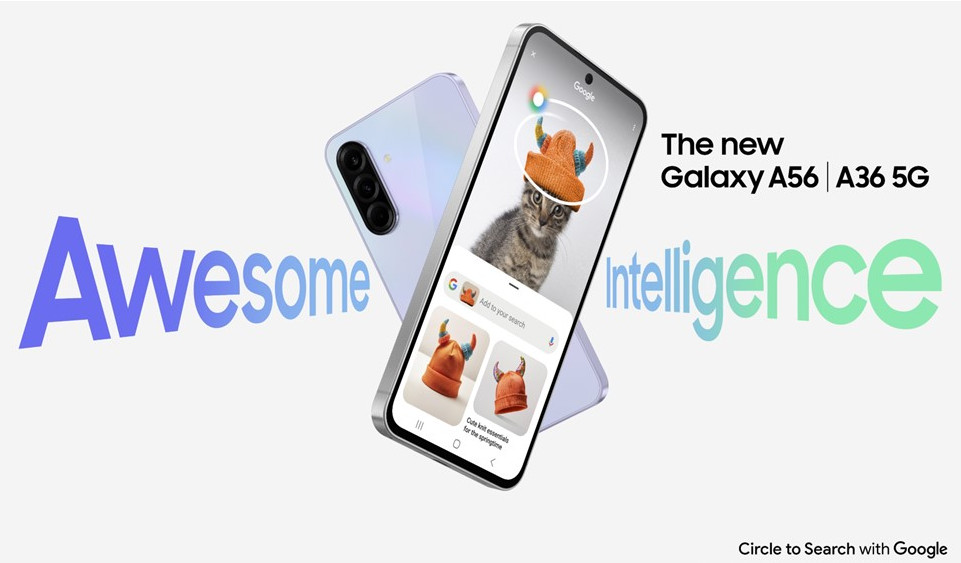
There is an Nokia Advert that I loved and the tagline was something to the effect that the “new internet” was being created by hand, alluding to the fact that the social media phenomenon was contingent on a plethora of user submitted content experiences, be they YouTube videos or location service meta-data.
I was recently in Kenya, the de-facto hub of Africa’s IT sector and the startling impression I came away with was that Kenya has embraced ICT whole-heartedly, across all sectors of the socio-economic divide. The most conclusive evidence I found of this was when on the way back from the Airport I saw a billboard announcing the Huawei Ideos, an Android 2.2 Smartphone retailing for the equivalent of $100.
Intrigued, I asked the Taxi driver what he knew about the Ideos and he proceeded to tell me how it was one of the best phones available because it was a “smart phone” rather than a “dumb” phone and you could connect easily to YouTube and facebook. He also proudly mentioned that Kenya was home to one of the largest Google Offices in Africa. There is plenty of other anecdotal evidence supporting the theory that Kenya is head and shoulders above a number of other African countries in the ICT space but for me the simplest metric is the amount of content on the internet by Kenyans about Kenyans.
Now if the stats are to be believed, Zimbabwe is currently ranked 7th in terms of Internet penetration on the African continent. There is however a marked paucity of local contextual content. TechZim recently published an article on a number of prominent local blogs, but in addition to this type of content, we need to begin to a lot more crowd-sourced social data.
The simplest example of this is Google Maps data. By visiting http://www.google.com/mapmaker anyone can upload information that will become part of the Google Maps experience. Information such as tagging your favorite restaurant, night spot or even your place of business is crucial as the next generation of location aware applications will be based around Google’s mapping technology. Location aware augmented reality apps such as Layar, (which allows a user to view information super-imposed over images they are viewing through their smart-phone camera) require local data layers.
Before we begin to take the next step and create the next generation of web applications we need to reach critical mass in terms of the local content we are generating, which means we need to be sharing more information on Twitter and YouTube but also crafting more local and contextual data.














Comments
14 responses
Good article. Without take away the credit, Zim has been in a bad state as far as internet access and connectivity is concerned. Websites like techzim and other tech bloggs on zim only surfaced a couple years back or so. For people to start creating content, as you may be aware there must be benefits for that. Its not very clear at this stage as our ICT slowly moves towards mass adoption how an ordinary guy in Budiriro or Mutorashanga could benefit.
More education is needed particularly in colleges, schools, universities and even in local press to push the nation in that direction. I do not at all undervalue your argument, I am just saying for some people they seem to be so many important things to be done than adding some data to google maps for no immediate benefits. Its time we had entrepreneurs energizing the ICT sector. The future lies in ICTs.
I have met many Kenyan ICT women personnel in the Sub-Sahara region as early as 2004 there is simply no contest with our dear Zim, They are far ahead.
Powerfull. And yes we need to really move with speed in creating local content online
That is the kind of articles we have been seeing from many people who have taken a few days in some of Africas promising ICT hubs but seems like no one is listening here. However one thing which is limiting the proliferation and adoption of ICT is cost, the internet is just so costly in the country and no one would mind reading a blog like this if he has got limited internet access. Kenya has the advantage of being near to the ocean and it easily connects to the undersea cables. Uganda and other countries there share the same advantages. Also Kenya deregularize its telecom industry a very long time ago. Whilst here in Zimbabwe we are currently excited of using the internet on our mobile phones now or buying a sim card for dollar, Kenya went through that phase close to a decade ago and they operators are advertising revised data prices reduction almost every week.
Zim will get there in the end, we just need to push our ideas and make things happen!
What can we learn from the Kenyans? Also do we have any Zimbabwean developers that are up to scratch?
maybe there is just no platform yet for u to see them. but through this website i have noticed brilliance in the form of those Anti-Virus guys and the guy who did the Short Cut Virus remover…its excellent i have used it for my clients to exceptional standards
We will surely get there, the pieces are slowly coming together, clever entrepreneurs its time to be positioning yourselves, cos in about 2 yrs’ time we will be talking a different story.
I like Google (a lot), but if anyone feels like providing Geo data for free, I strongly recommend OpenStreetMap.org. All information you add to Google Maps belongs to Google (copyright and so forth), whereas OSM information is availalbe under an ‘Open Source’ license.
Also, it’s not just about developers, but “users” and willingness to adopt (and use) new technology.
I’m with you mate. You’re echoing the same sentiments I found here http://brainoff.com/weblog/. Let what citizens generate (for free) remain theirs.
hey, thanks for that link; interesting read.
I concur, and will do my part as a web developer to advance zim. thanks for the article motivating as well challenging stuff